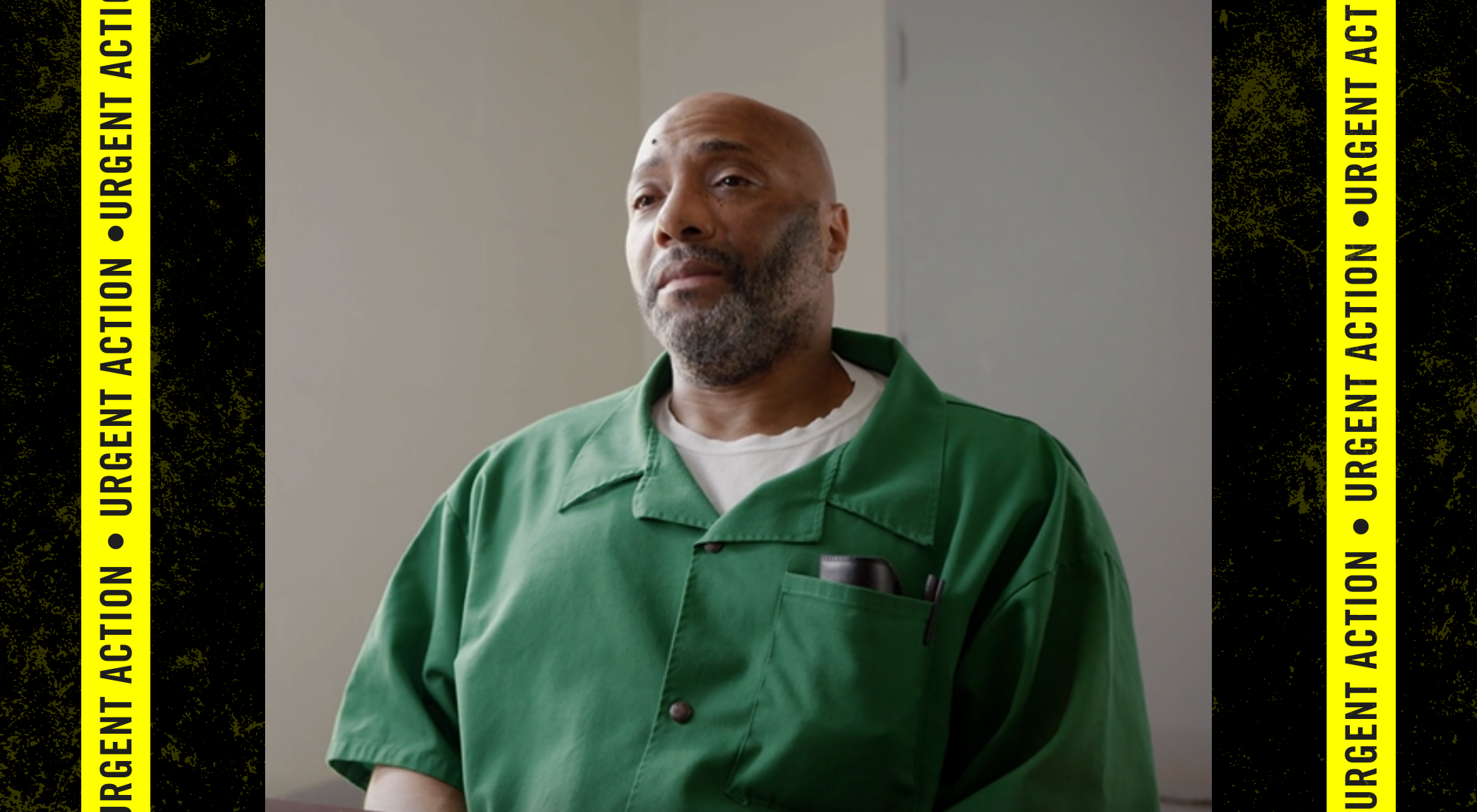Richard Moore, a 59-year-old Black man, is set to be executed in South Carolina on November 1, 2024. He was sentenced to death for the killing of a white convenience store clerk. However, Moore was unarmed when he entered the store, suggesting there was no premeditated intent. This raises serious concerns about whether the crime meets the threshold for the death penalty under U.S. constitutional law.
During the altercation, the clerk drew two guns. Both men were shot, with the clerk tragically losing his life. At Moore’s 2001 trial, the prosecutor removed the only two Black jurors, resulting in an all-white jury.
We urge the South Carolina governor to grant clemency and commute Richard Moore’s sentence to prevent this unjust execution.
Here’s what you can do:
Write to the Governor of South Carolina urging him to grant executive clemency to Richard Moore and to commute his death sentence.
Write to:
Governor Henry McMaster
State House, 1100 Gervais Street
Columbia, South Carolina 29201, USA
Fax: +1 803.734.5167
Email: https://scgovernorcontact.force.com/constituents/s/contact-the-governor
Salutation: Dear Governor McMaster,
The contact form requires a US address. We encourage you to use that of Amnesty USA in filling it out:
Amnesty International USA Headquarters
311 W 43rd Street
7th Floor
New York, NY 10036
Phone: (212) 807-8400
And copy:
His Excellency David Louis COHEN
Ambassador
Embassy of the United States of America
490 Sussex Drive
Ottawa, ON K1N 1G8
Tel: (613) 238-5335 / 688-5335 (24h) Fax: (613) 688-3082
The incident: A robbery gone wrong
On September 16, 1999, a convenience store clerk in Spartanburg, South Carolina, was fatally shot during a robbery. Richard Moore, unarmed when he entered the store, was arrested shortly after, bleeding from a gunshot wound. Witnesses testified that the clerk regularly carried a gun, and several firearms were kept under the store counter. During the encounter, two guns were fired. Moore later stated that the clerk pulled a weapon on him, leading to a struggle and an unintentional shooting.
Questionable trial and jury selection
The trial raised concerns about racial bias. Of the original jury pool, only three Black individuals were shortlisted, and two were dismissed by the prosecution without sufficient cause. As a result, the final jury consisted entirely of white members. Moore’s legal team has petitioned the U.S. Supreme Court, arguing that the jury selection violated the Equal Protection Clause of the U.S. Constitution.
The trial lasted just four days. Jurors described Moore with extreme hostility, with one calling him “the scum of the earth.” The jury convicted Moore of multiple charges, including murder and armed robbery, and sentenced him to death.
Racial bias in death penalty cases
Moore’s case reflects broader concerns about racial bias in South Carolina’s application of the death penalty. The victim was white, and Moore is Black. During Moore’s trial, the incumbent prosecutor, with a history of pursuing death sentences in cases with white victims, filed notice of seeking the death penalty while campaigning for re-election.
Justice Kaye Hearn, in her 2022 dissent, emphasized that Moore’s unarmed entry into the store differentiates this case from typical premeditated murders deserving of the death penalty.
International concerns and human rights violations
The United Nations Human Rights Committee (HRC) warns that the death penalty should only apply to “the most serious crimes” involving intentional killing. The HRC and the Inter-American Commission on Human Rights (IACHR) have expressed concerns over Moore’s case, noting possible violations of international law. The IACHR issued precautionary measures in July 2023 to halt the execution pending further investigation.
South Carolina has carried out 44 executions since 1976, including one earlier in 2024. Amnesty International opposes the death penalty under all circumstances. We urge the South Carolina governor to grant clemency and stop Richard Moore’s execution, scheduled for November 1, 2024.
Please take action as soon as possible until November 1, 2024! The UA will be duly updated should there be the need for further action.




























